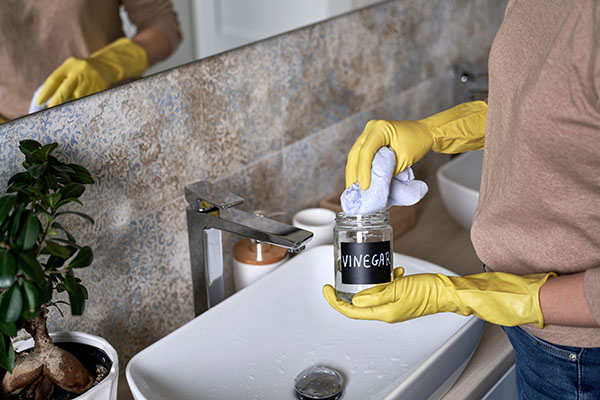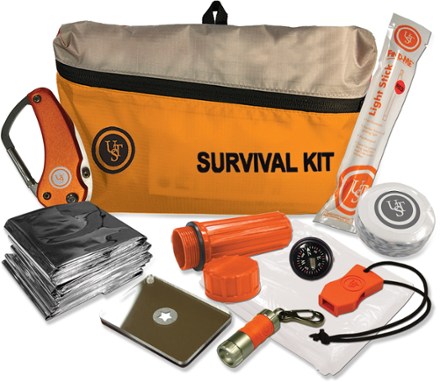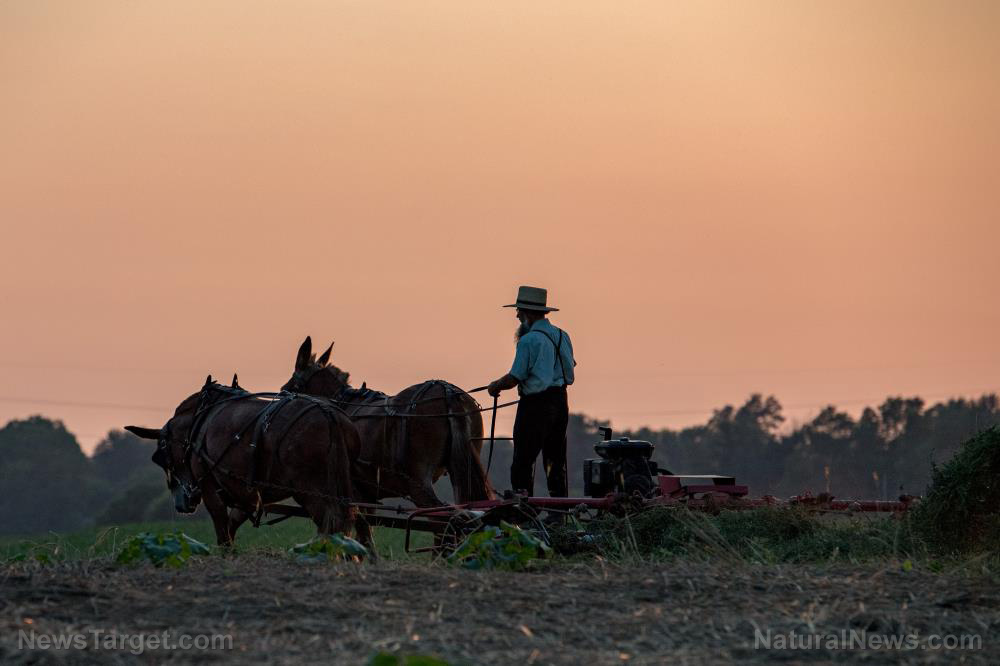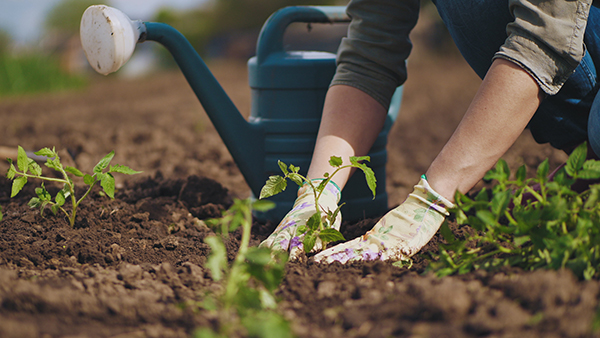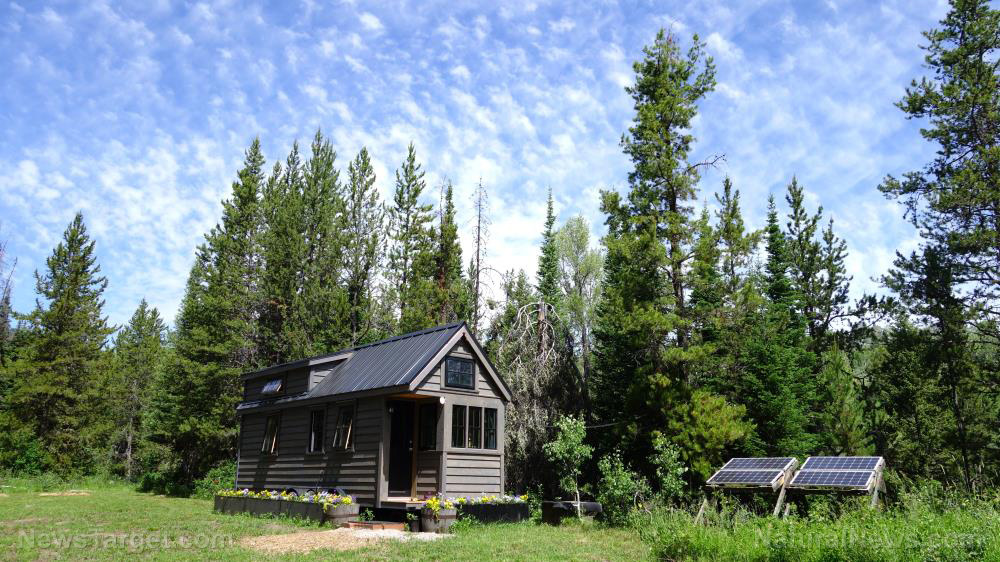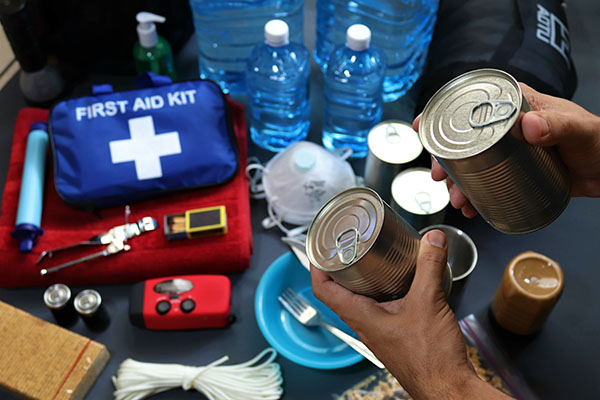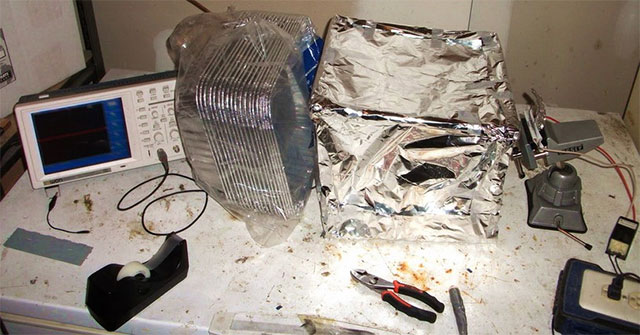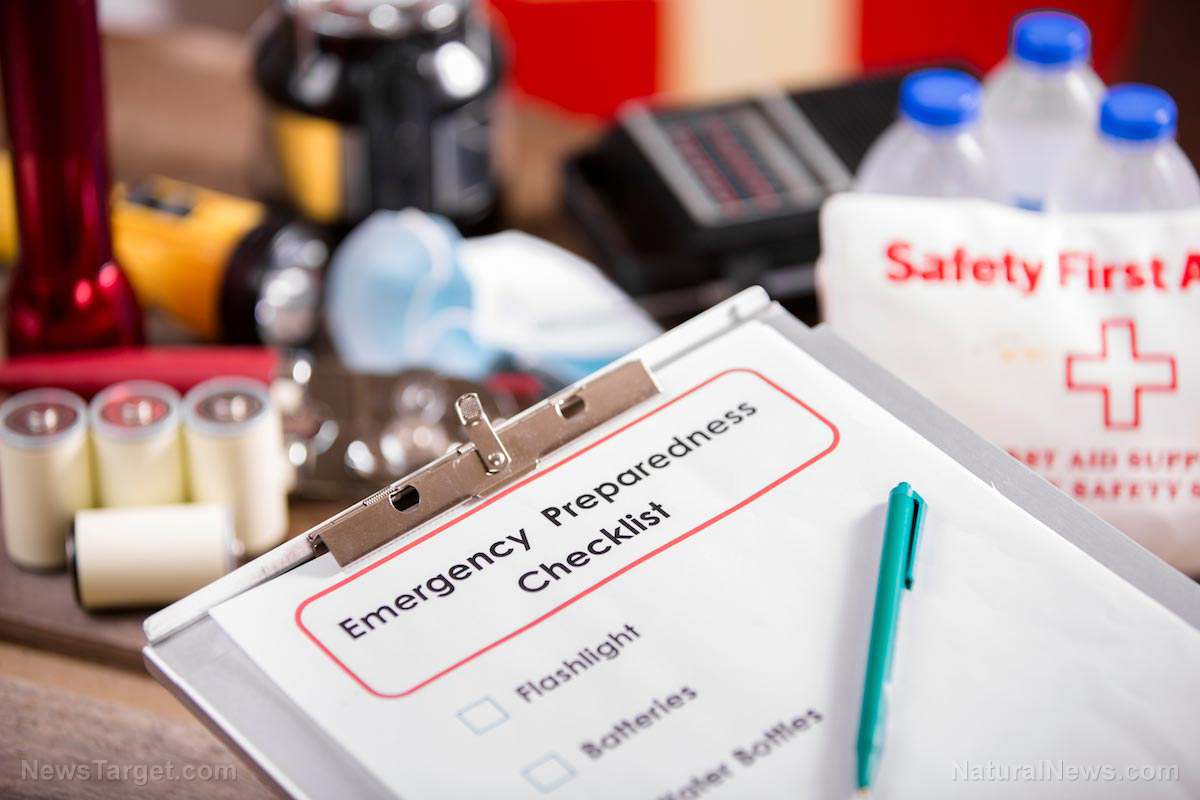Essential gear for SHTF situations: Choosing the right equipment for survival
08/09/2024 / By HRS Editors
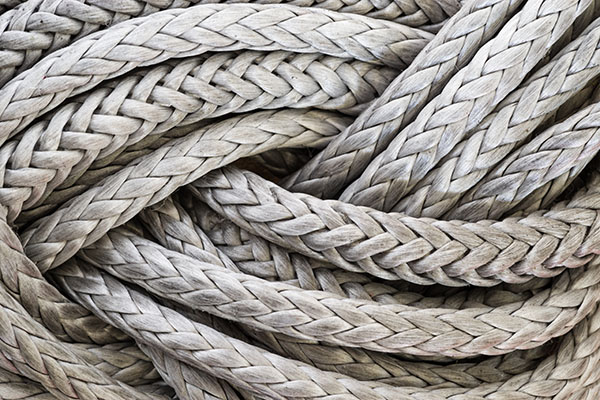
A carefully planned survival kit can help you get through most emergencies.
While it can’t save you from all survival scenarios, having a kit can improve your chances of surviving dangerous situations. (h/t to TacticalGear.com.)
The ideal survival kit should be properly organized, lightweight and suitable for different environments and situations.
When preparing your kit, consider important factors such as location and common emergencies you might encounter where you live or work. While this list is not comprehensive, many of the tools below are versatile enough for most scenarios.
Cordage
For cordage, you should prep a combination of nylon rope, paracord and thread with high tensile strength. These ropes will be useful for climbing, hauling, sewing and tying needs. (Related: Master these top 5 essential survival knots.)
If you’re not sure what kind of paracord to get, look for Ultra High Molecular Weight Polyethylene (UHMWPE) cordage. In terms of raw strength per mm of thickness, UHMWPE is stronger than 550 paracord, nylon and Kevlar cordage. It’s also buoyant so it floats on water and is great at resisting abrasion.
Firestarting kit
Store your firestarting tools in a sturdy and waterproof container so you can stay warm, boil water and cook food even after SHTF.
You will need the following items for your firestarting kit:
- Flint and steel or a magnesium striker
- Focusing lens/Fresnel lens
- Waterproof matches
These three items are small and nearly weightless, but they can help you start a fire using different methods.
First aid kit
Keep your survival kit light by choosing only the most necessary medical supplies for your first aid kit. Many medical items can take up a lot of space, and advanced medical equipment won’t be useful if you aren’t trained to use them properly.
When preparing a first aid kit, include only essential items such as:
- Bandages of assorted sizes for cuts/wounds
- Iodine or rubbing alcohol
- A hemostatic agent
- A suture kit
- A tourniquet
These items usually don’t need much training to use effectively during emergencies.
Fishing and hunting supplies
To ensure that you have access to food during a long-term survival scenario, you will need basic fishing and hunting supplies. Include several different gauges of line, hooks, a small net and an assortment of lures and weights in your fishing kit.
For both fishing and hunting, you can include small, sharp knives for dressing, skinning and deboning small animals and fish. If you don’t have enough space in your bag, practice with your survival knife.
A multi-tool
A multi-tool will be useful for building and fixing things in emergencies.
Nonperishable and nutrient-dense food/snacks
If there is extra space in your survival bag, you should include a variety of nonperishable and nutrient-dense food and snacks. This ensures that if you have to travel to your bug-out location, you can take breaks and eat your food while figuring out where you can hunt or fish.
Choose calorie-dense snacks with protein and fat that don’t spoil easily, such as beef jerky, assorted nuts and peanut butter with crackers. When packing your bag, make sure it doesn’t become too heavy or awkward to carry.
A survival knife
A good survival knife is essential for any survival kit. With a sharp knife, you can dress game, defend yourself and create other useful survival tools.
Tinder
With tinder, you can have an easier time starting a fire in a survival situation. Store a handful of cotton or dryer lint in a waterproof bag and keep it in your firestarting kit.
Water bottle/canteen
You need to stay hydrated even after SHTF. While you should learn how to find and purify water from natural sources, you should also have a sturdy water bottle or canteen in your bag.
Waterproof notepad and pencil
Get a waterproof notepad and pencil so you can easily sketch maps or take notes while outdoors and in all kinds of weather.
Water purification tablets
Do not drink untreated surface water because it can make you sick. Water purification tablets are useful and you can purify several gallons of water with a single bottle of tablets.
Where to find gear for your survival kit
The Health Ranger Store is committed to helping you prepare for any emergency.
That’s why we’re proud to introduce these useful items for your survival kit.
Sturdy and reliable cordage is a must-have preparedness item for any bug-out bag, emergency kit, or survival cache. With a multitude of survival uses, Ranger Gear UHMWPE Braided Survival Cord 1.5mm (100 ft – 200 lb.) is the perfect cordage for nearly all your basic survival needs.
It’s so versatile that you can use it for everyday applications. Offered in 100 ft. lengths, this UHMWPE cordage is the top-of-the-line survival cordage, and it is made by tightly braiding individual fibers into a super strong finished cord.
You should also have a means to protect yourself from bugs when SHTF.
There’s no need to fret during bug season because the Health Ranger Store has you covered with Health Ranger’s Bugs Away Spray. This product is formulated with clean, non-toxic ingredients derived from plants found across the U.S., such as citronella, eucalyptus and lemongrass.
Health Ranger’s Bugs Away Spray contains no DEET, artificial fragrances, or synthetic chemicals. For your safety, it is also extensively lab-tested for glyphosate, heavy metals and microbes.
Additionally, Health Ranger’s Bugs Away Spray is gentle on the skin since it is made with natural ingredients. This means it can be applied as often as needed.
Visit Health Ranger Store and Brighteon Store to find useful products for your prepping needs. You can also check out Gear.news to read more about items that you can add to your survival kit.
Click on this link to learn more about other useful tools for your survival kit.
Watch this clip about our DEET-free Bug Spray.
This video is from the Health Ranger Store channel on Brighteon.com.
More related stories:
Understanding different types of emergencies and how to prepare for them.
7 Useful tools women carry that every prepper needs.
Prepping must-haves: Essential items to include in your survival stockpile.
Stealthy prepping: Concealing your stockpile in plain sight.
Sources include:
Submit a correction >>
Tagged Under:
bug out, bugout bag, disaster, edcs, emergency preparedness, everyday carry, Gear, homesteading, how-to, off grid, preparedness, prepper, prepping, prepping gear, self sufficiency, SHTF, survival, survival gear, survival kit, survivalist, tips
This article may contain statements that reflect the opinion of the author
RECENT NEWS & ARTICLES
Homesteading.News is a fact-based public education website published by Homesteading News Features, LLC.
All content copyright © 2018 by Homesteading News Features, LLC.
Contact Us with Tips or Corrections
All trademarks, registered trademarks and servicemarks mentioned on this site are the property of their respective owners.



